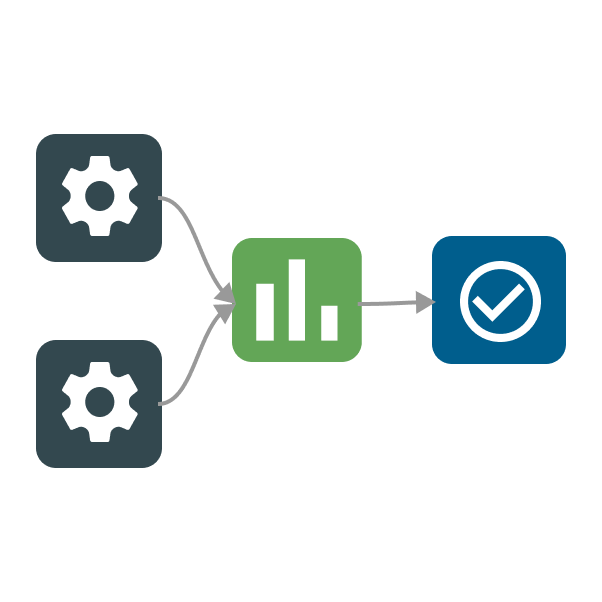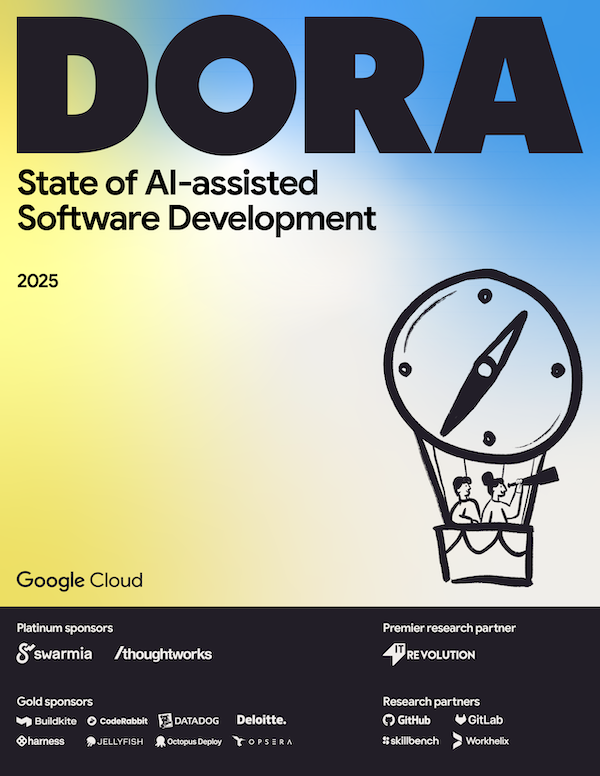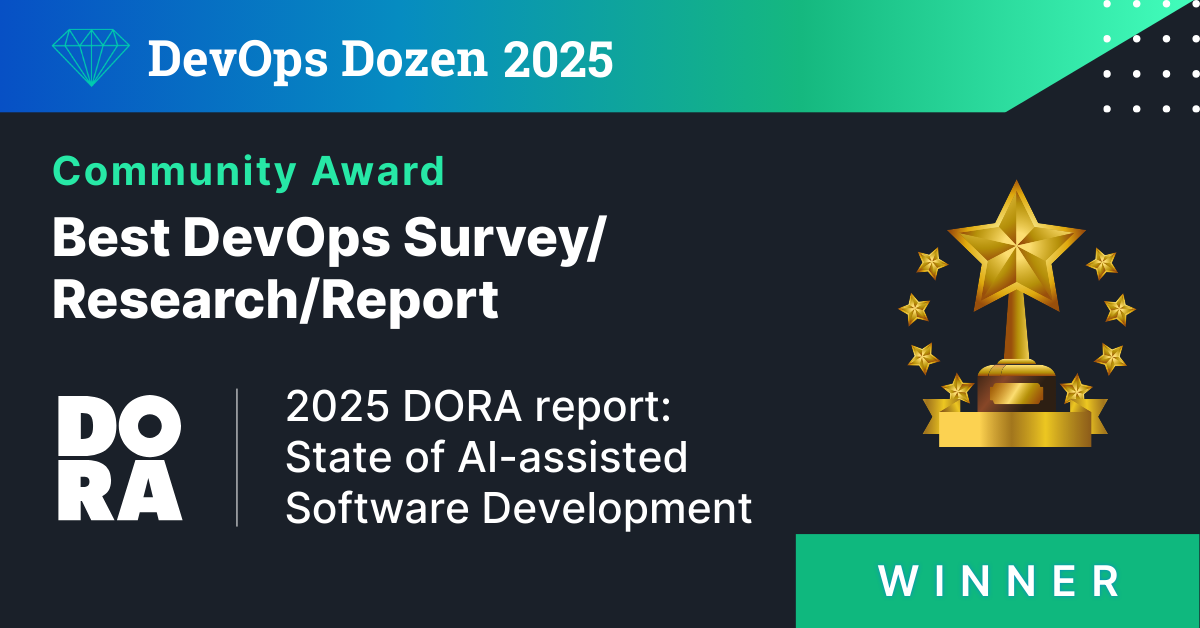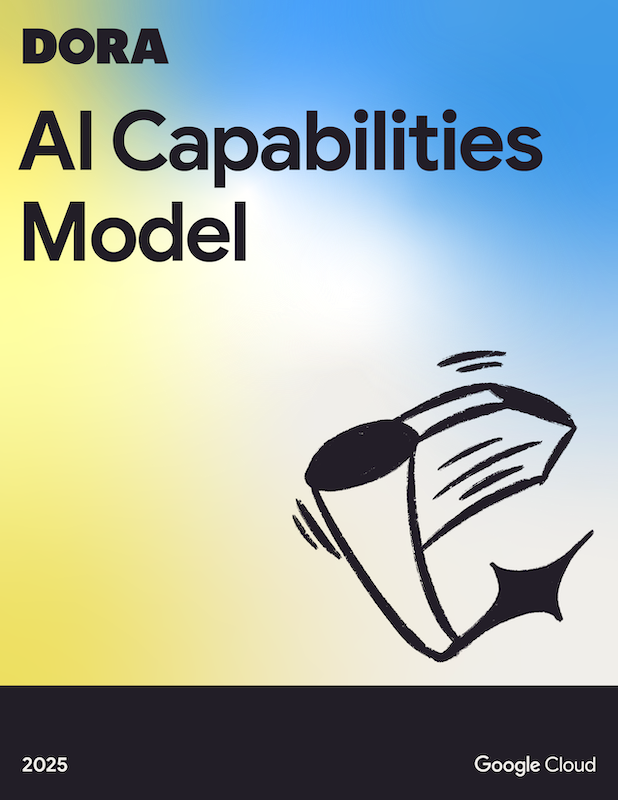The DORA Community provides opportunities to learn, discuss, and collaborate on software delivery and operational performance. Enabling a culture of continuous improvement.
© 2023 DORA is a program run by Google Cloud. All content on this site is licensed by Google LLC under CC BY-NC-SA 4.0, unless otherwise specified. All Rights Reserved Privacy Policy




